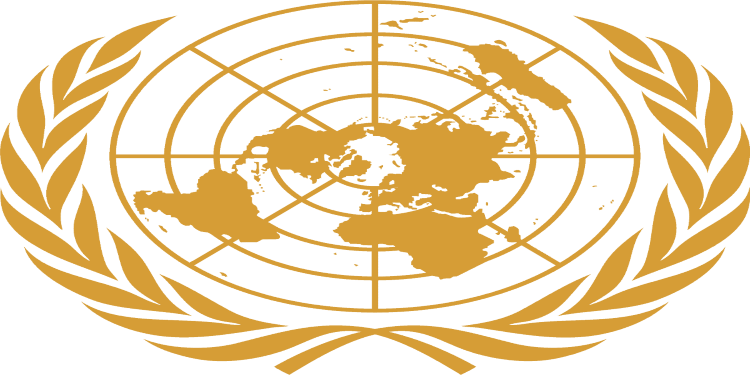In news: UNDP’s open up India, an virtual event took place recently
About UNDP
- It works in about 170 countries and territories, helping to eradicate poverty, reduce inequalities and exclusion, and build resilience so countries can sustain progress.
- Formation: 22nd November 1965.
- Headquarter: New York
- As the UN’s development agency, UNDP plays a critical role in helping countries achieve the Sustainable Development Goals.
- Funding: It is funded entirely by voluntary contributions from UN member states
- The status of UNDP is that of an executive board within the United Nations General Assembly.
History
- It was on 22 November 1965 with the merging of the Expanded Programme of Technical Assistance (EPTA) and the Special Fund
- The rationale was to “avoid duplication of [their] activities”.
- The EPTA was set up in 1949 to help the economic and political aspects of underdeveloped countries while the Special Fund was to enlarge the scope of UN technical assistance. The Special Fund arose from the idea of a Special United Nations Fund for Economic Development (SUNFED) (which was initially called the United Nations Fund for Economic Development (UNFED)
Focus areas
It works internationally to help countries achieve the Sustainable Development Goals (SDGs).
To accomplish the SDGs and encourage global development, UNDP focuses on poverty reduction, HIV/AIDS, democratic governance, energy and environment, social development, and crisis prevention and recovery.It works with nations on their own solutions to global and national development challenges. It focuses on following developmental challenges:
- Combat poverty: It helps countries develop strategies to combat poverty by expanding access to economic opportunities and resources, linking poverty programmes with countries’ larger goals and policies, and ensuring a greater voice for the poor
- Crisis prevention: It works to reduce the risk of armed conflicts or disasters, and promote early recovery after crisis have occurred
- Demographic governance: It supports national democratic transitions by providing policy advice and technical support, improving institutional and individual capacity within countries, educating populations about and advocating for democratic reforms, promoting negotiation and dialogue, and sharing successful experiences from other countries and locations.
- Environment: It seeks to address environmental issues in order to improve developing countries’ abilities to develop sustainably, increase human development and reduce poverty
- HIV/AID: It works to help countries prevent further spreading of and reduce the impact of HIV/AIDS
- It plays a significant coordination role for the UN’s activities in the field of development.
Other activities
- It promotes technical and investment cooperation among nations and advocates for change and connects countries to knowledge, experience and resources to help people build a better life for themselves.
- The UNDP provides expert advice, training and grants support to developing countries, with increasing emphasis on assistance to the least developed countries.
Reports and Publications
- The UNDP Human Development Report Office publishes an annual Human Development Report (since 1990) to measure and analyse developmental progress.
- UNDP also publishes regional, national, and local Human Development Reports
















